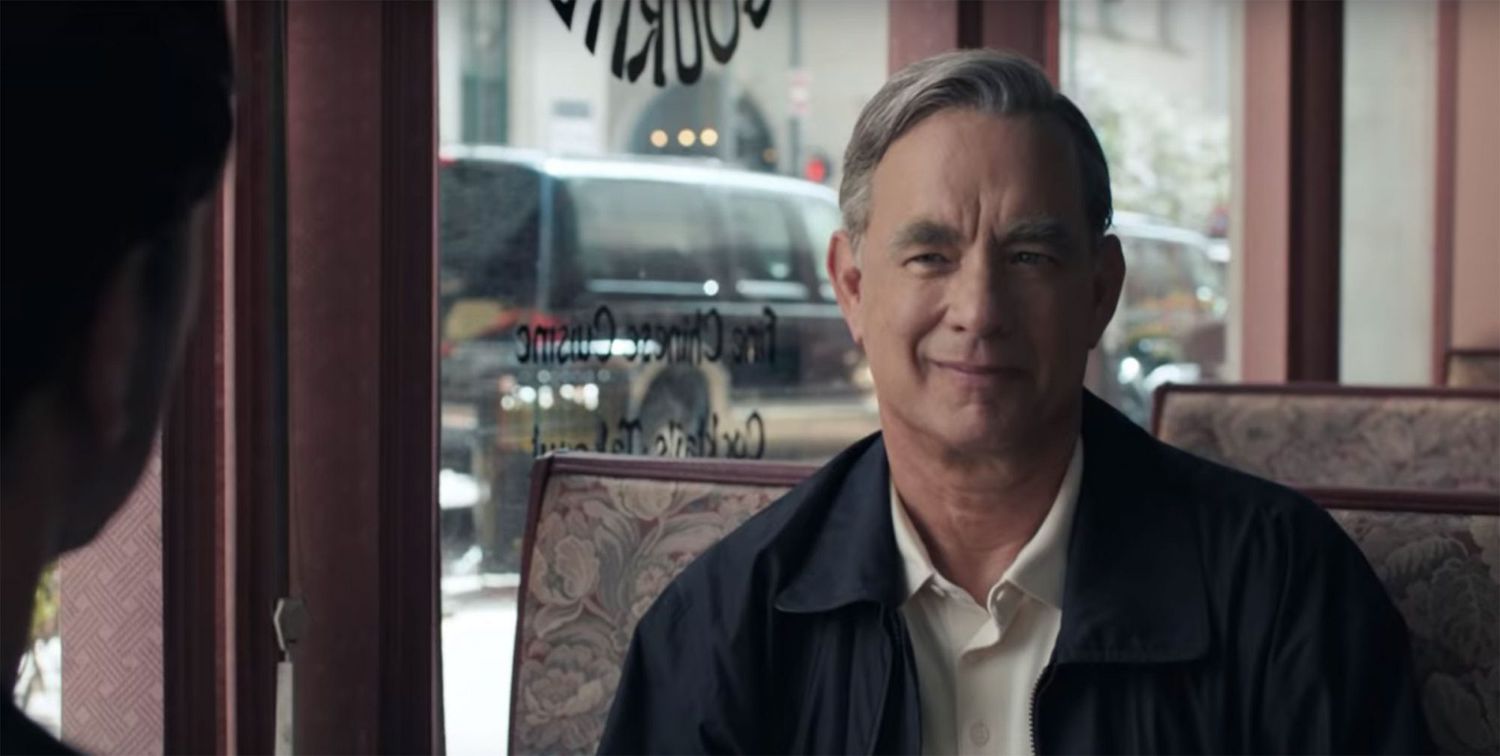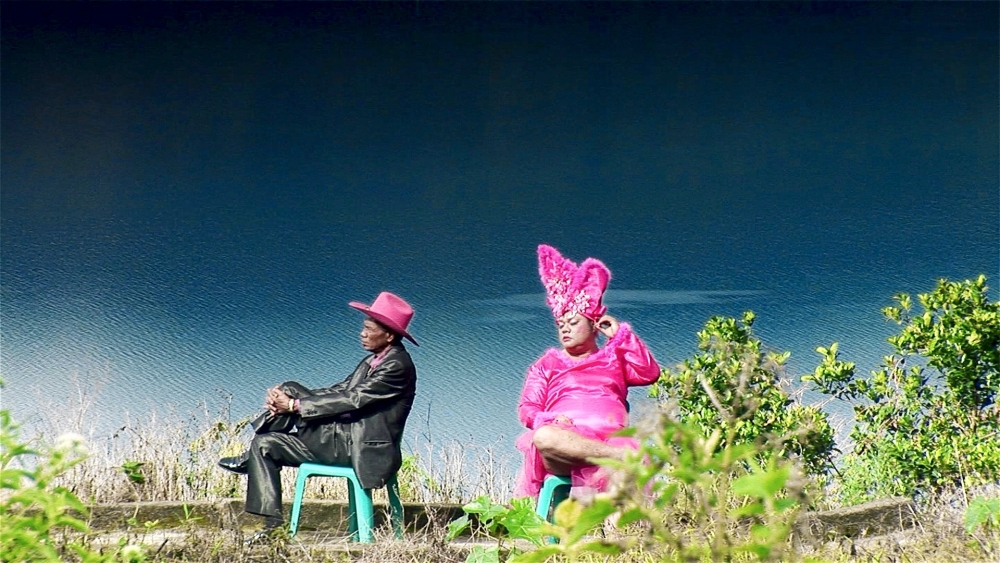A Beautiful Day in the Neighborhood [Marielle Heller, 2019]
Like a lot of Americans of my age and older, I grew up with Mr. Rogers, and then I felt like I outgrew him. Movies like this remind me that I should not—and cannot, really—outgrow certain people and the ideals they strive to embody. A Beautiful Day in the Neighborhood is odd in that it’s about the legacy of an odd duck of an entertainer, and it tries to tell the story of his influence the way that he might choose to tell it. The simple decision to film everything as if it were made with public TV equipment and techniques makes for a paradoxically unaffected and sincere experience. The brilliance of this movie’s presentation tells me that I probably need to revisit Can You Ever Forgive Me?.
Maybe the oddest thing about the film is that seems truly to grok how fundamental Fred Rogers’s Christian faith was to his approach to life, including his approach to children’s programming and his compulsion to take the burdens of strangers upon himself. Like Rogers, the film does not preach, and even if the filmmakers don’t share his faith, they share his empathy, which means that they understand how this man could be who he was and do what he did. So it’s a film that ends up being generous and kind to its subjects, hoping (and praying for) the best for them.☕︎
The Act of Killing [Joshua Oppenheimer, Christine Cynn, Anonymous, 2012]
Thankfully, I did not see the trailer or even read all that much about this film before seeing it. It has one of the most moving, unexpected, and ambiguous endings I have ever seen, much less in a documentary about unapologetic mass murderers. For about half of this film, I thought that it was an exposé of the war crimes sponsored and obscured by the Indonesian regime. And the film certainly is an act of historical remembrance as political resistance to authoritarian violence. But it becomes increasingly clear the main subject of the film, Anwar Congo, feels… ambivalent (?) about his crimes. He claims to be haunted by the ghost(s) of his victim(s), but he remains a jubilant victor in the game of life in public and, for the most part, in front of the documentarian camera. As the film nears its conclusion though, there are several scenes in which the mass murderer seems to reflect authentically on his atrocities. When the weight of them finally seems to catch up with him, it’s a gut-wrenching moment: the pain that he inflicted is made visible to us in his own person. My most immediate impression is that the process of making this movie might have led at least one war criminal to feel remorse for his actions.
But in an interview for a featurette included with the DVD, Errol Morris wonders if it’s genuine. After all, Congo is a man who is savvy and film literate, a man who is a born storyteller. He has been the creative mind behind the absurd re-enactments of his crimes throughout the film. Surely he must know that his character arc has been traced thus far, and that it is incumbent upon him to have his dark night of the soul. Are his reflections genuine, or are they part of his performance? This did occur to me only once the credits had finished rolling, and I was glad that Morris articulated a suspicion that had been nagging at me.
Whether he is genuine or not, the fact that he evinces any form of remorse is staggering, especially in contrast with literally everyone else in his coterie. The Act of Killing holds out the possibility of genuine moral reflection and repentence through the process of artistic creation and reflection, but it also showcases the potential dangers of giving a forum to crafty old criminals who are experts at image management. As such, it is one of the great films of the decade.☕︎

